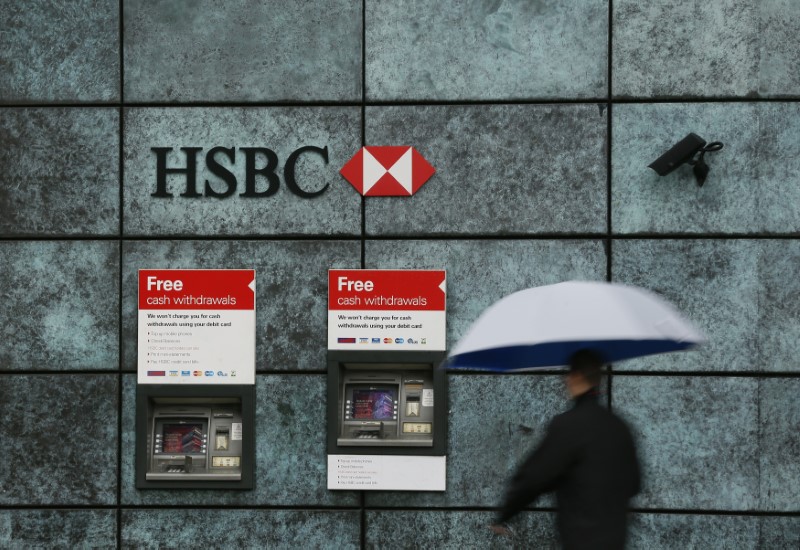This post was originally published on this site

Investing.com – European stock markets edged higher Monday, helped by some strong corporate earnings, although the gains looked tenuous after weak German retail sales data raised fresh doubts about the region’s economic recovery.
By 04:05 AM ET (0805 GMT), the DAX in Germany traded 0.3% higher, the CAC 40 in France rose 0.4%, and U.K.’s FTSE 100 gained 0.5%.
Stock markets in Europe have started the new month with a degree of optimism, with the banking sector leading the way after HSBC (LON:HSBA), the region’s biggest bank, raised its near-term return on tangible equity goal to at least 12% from 2023 onwards, expressing confidence in the future, and vowed to restore paying quarterly dividends next year. Its stock rose over 6%.
The bank also rebutted the idea of a demerger or spinoff of its Asian business, citing huge one-off execution costs, higher taxes, and ongoing running costs.
Pearson (LON:PSON) stock also rose over 6% after the publishing giant easily beat profit expectations in the first half of this year despite the impact of inflation.
Heineken (AS:HEIN) posted higher-than-expected first-half earnings, as consumers bought more beer from the world’s second-largest brewer as lockdowns ended, but its stock fell 1% as it shelved its margin target for 2023 as costs spiked.
Still, gains are limited in Europe as investors are worried about the likelihood of a recession in the region on the back of disappointing economic data.
German retail sales suffered their sharpest annual fall in decades in June, as sales fell by 8.8% from a year earlier, while in month-on-month terms, they fell 1.6%, statistics office Destatis said on Monday. The annual drop was the largest since Destatis started compiling pan-German retail sales data in 1994.
Additionally, factory activity in the Eurozone contracted in July, with the region’s manufacturing PMI index falling to 49.8, compared with a reading of 52.1 the previous month, as inflationary pressures and macroeconomic uncertainty weighed on demand.
This follows on from weakness in Asia, as South Korea’s factory activity fell for the first time in almost two years, Japan saw its slowest growth in activity in 10 months, while in China the official measure of factory activity, released over the weekend, unexpectedly contracted in July amid fresh COVID-19 outbreaks.
Oil prices largely fell Monday after the unexpected drop in the Chinese manufacturing PMI raised concerns over slowing crude demand in the world’s largest importer.
Attention this week will be on the Organization of Petroleum Exporting Countries and allies, a group known as OPEC+, which is set to meet on Wednesday to discuss future supply.
By 04:05 AM ET, U.S. crude futures traded 0.6% lower at $98.08 a barrel, while the Brent contract traded flat at $104.00.
Additionally, gold futures fell 0.1% to $1,779.80/oz, while EUR/USD traded 0.2% higher at 1.0237.

